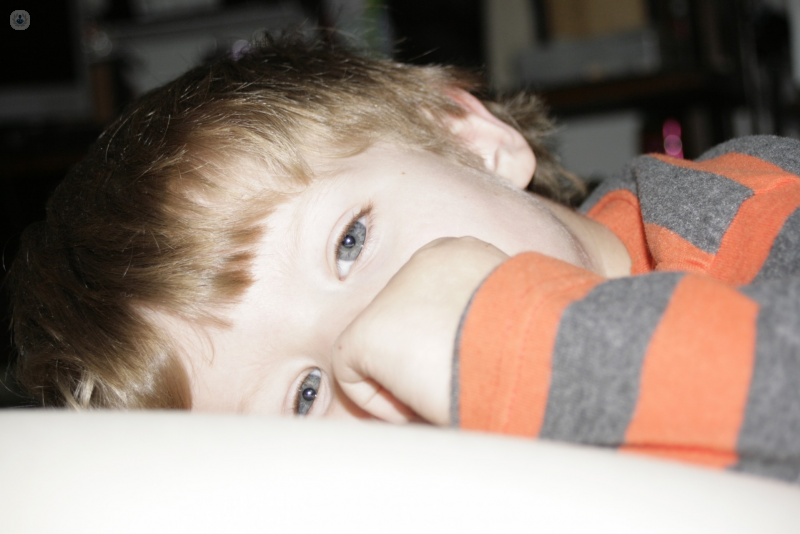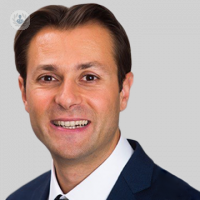Appendicitis in children: signs to watch out for
Written by:Appendicitis can be a serious problem at any age. With all the tummy aches that children may experience, it can be hard to spot. Mr Stefano Giuliani, leading London-based paediatric surgeon, gives us the low-down on how appendicitis in children is diagnosed and what can be done about it.

Does my child have appendicitis?
Stomach pain is very common in children and more often than not it isn’t caused by acute appendicitis. To confirm the diagnosis of appendicitis it is important to see a paediatric surgeon who is an expert in this field. Appendicitis in children presents differently than in adults, and confirming its diagnosis can be challenging.
What are the symptoms of appendicitis?
Pain in the middle of the abdomen migrating to the right part of the tummy is often the first symptom of appendicitis. This is important to differentiate appendicitis from gastroenteritis, which usually starts either with recurrent vomit or diarrhoea.
Along with abdominal pain, most kids with appendicitis experience loss of appetite, low-grade fever and a reduced level of activity. If your child is complaining about severe abdominal pain and is not playing, laughing, and eating, you should see a doctor right away.
How serious is appendicitis?
Appendicitis is a surgical problem and if it is not quickly recognised, it can become complicated and lead to a severe form of infection affecting the whole body, known as sepsis. Every year there are children getting seriously ill and even dying from complicated appendicitis. Red flags to recognise a sick child who needs to immediately be seen by a doctor are:
- Blood in either vomit or stools
- Green liquid vomit
- Severe stomach pain when the abdomen is pressed (particularly if pressed and then released suddenly)
- Distended tummy.
How is appendicitis diagnosed?
The diagnosis of appendicitis in children may be difficult because there is no specific test and the symptoms can be very similar to gastroenteritis, food poisoning or a respiratory illness. The best way to diagnose acute appendicitis is by combining the type and duration of symptoms with a physical examination carried out by an expert paediatric surgeon.
Sometimes, the diagnosis may not be immediately clear and, for this reason, the use of blood tests and abdominal scans can add useful information. In younger children with a short duration of symptoms, a period of observation in the hospital may be needed to assess the progression of the disease before confirming the diagnosis of appendicitis.
How is appendicitis treated?
Acute appendicitis is often treated with surgery to remove the inflamed appendix. An expert paediatric surgeon performs the surgery with minimally invasive (keyhole) techniques to allow a quicker recovery and a better cosmetic result.
There are complicated cases of appendicitis that would benefit from a long course of antibiotics instead of urgent surgery, because the infection is so advanced that the surgery could be too risky for the intestine. This treatment with antibiotics only is called conservative management of appendicitis and should be monitored carefully by a specialist paediatric surgeon.
If you are concerned about appendicitis in your child, make an appointment with a specialist here.


